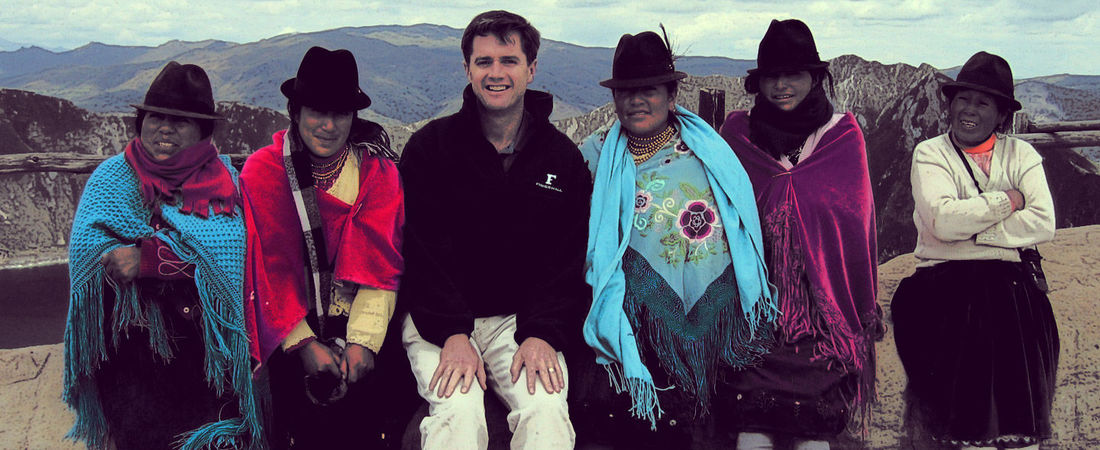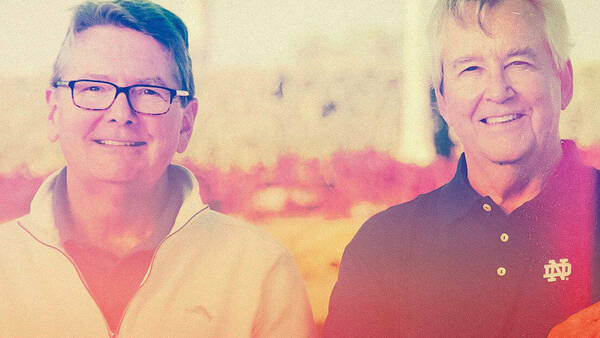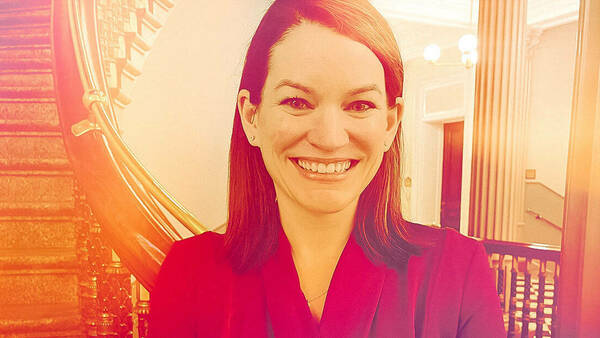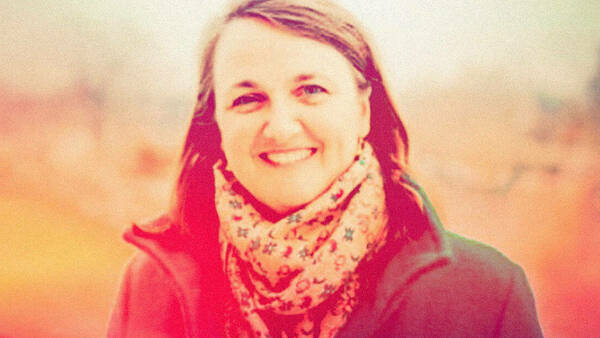As a senior, David Gaus ’84 had a crisis moment when he realized he didn’t want to be an accountant. So he did what any sensible Notre Dame student would do, and scheduled a meeting with Rev. Theodore M. Hesburgh, C.S.C., the University’s president.
It led to a service opportunity in Ecuador and ultimately put him on the path to where he is today: training self-sufficient physicians to serve patients in rural communities across the country.
Gaus and Father Hesburgh exchanged many letters from Ecuador those two years, during which Gaus decided to go into medicine so he could return to Ecuador as a doctor. Money was going to be a problem, though, because Gaus could not afford the two extra years of Notre Dame tuition he needed to complete prerequisites for medical school.
But Father Hesburgh’s friend Ann Landers provided financial assistance and arranged for a full ride to Tulane Medical School, which was the only university at the time offering a concurrent master’s program in public health and tropical medicine for medical students.
So Gaus finished school and residency, taught at the university level for two years, and ultimately fulfilled his dream of going back to Ecuador. Father Hesburgh helped him set up the organization that would change healthcare opportunities for thousands of Ecuadorians.
Initially, Gaus himself opened a small clinic offering family medicine services, but after feasibility studies and years of on-the-ground research, Andean Health & Development has two hospitals and Ecuador’s only rural family medicine residency program.
“These were never intended to be medical missions,” Gaus says. “We were very intentional about passing on everything we know in order to give the Ecuadorian people the gift of self-sufficiency. As a hybrid of the best features of missionary clinics, private clinics, and public hospitals, our first hospital is financially solvent and operates without any charitable contributions. We built the second hospital, named for Father Ted, in 2014 to show that the model was replicable, and that one is also on its way to self-sustainability.”
Andean Health built up the residency program to the place where Gaus is now the only American on faculty. All the residents, faculty, and staff are local, which, Gaus insists, is how it should be. The organization has also developed research partnerships with the University of Wisconsin-Madison, Notre Dame, and Harvard.
Andean Health has its own medical journal and recently released the second edition of a medical manual that is available online to doctors in Ecuador. It routinely receives 10,000 visits a month from physicians from neighboring Andean countries as well as Mexico and Spain. Its hospitals offer telemedicine to doctors in remote areas to help them provide better care in their own outlying regions.
The focus right now for Gaus and his team is partnering with smaller Ecuadorian healthcare facilities that need to refer for more specialized procedures. Rather than opening additional hospitals, they’re trying to fine-tune the excellence of the residency program and get involved in research projects on health risks particular to that region. On a larger scale, the organization is figuring out how to affect policy and be a thought leader on aspects of rural healthcare in Latin America.
“Andean Health bridges two worlds: we connect people and resources from the States with really talented people in Ecuador and provide them the resources to take care of the poor in their own communities,” Gaus says. “Preventing and alleviating suffering for these people is a small way that we can fulfill the gospel to care for the least of these.”
To learn more about the work Andean Health & Development does to provide high-quality healthcare to rural communities in Ecuador, please visit andeanhealth.org.



